


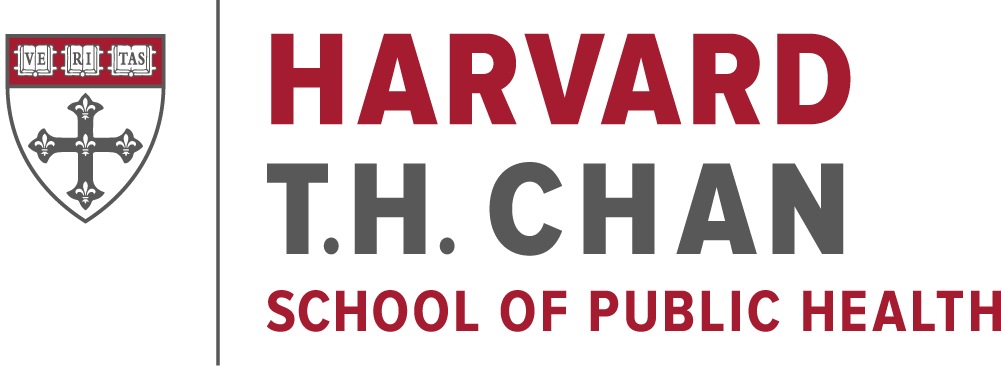
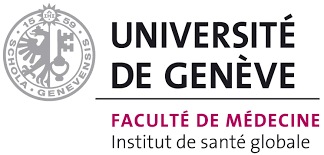




12:30 pm - 02:00 pm
02:00 pm - 03:00 pm
02:00 pm - 03:30 pm
03:30 pm - 04:30 pm
9:00 am - 10:30 am
10:30 am - 11:30 am
02:00 pm - 03:30 pm
03:30 pm - 04:30 pm
6:00 pm - 8:00 pm
9:00 am - 08:30 pm
The precarious conditions to which migrants are subjected affect their physical and mental health. Migrants face numerous obstacles to accessing essential health services: irregular status, language barriers, lack of health policies that include them, and inaccessibility of services. The high morbidity and mortality rates among migrants, especially in cases of irregular or forced migration or exploitation, constitute a major underestimated health problem that deserves more attention.
In recent years, several international initiatives have attempted to provide global frameworks for action to tackle these difficulties, but the situation remains fragile.
This session will provide a common understanding of the situation of the health and well-being of migrants and refugees. We will try to understand the main health issues facing migrants and refugees. We would like also to understand the main obstacles to improving health and access to healthcare for migrants and refugees. Finally we will make an overview of the different global initiatives done to improve the health of the refugees and migrants.

M8 Alliance of Academic Health Centers, Universities and National Academies
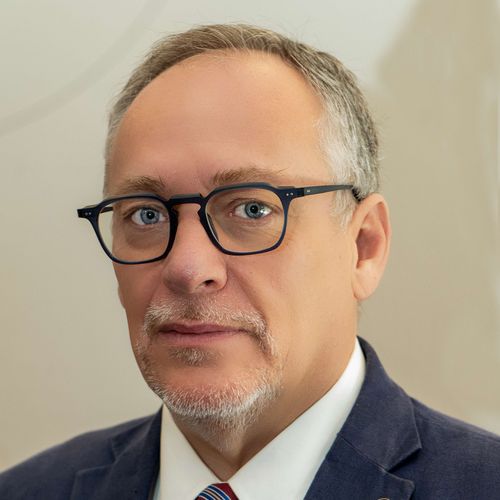
Health and Migration Department of World Health Organization (WHO)

United Nations High Commissioner for Refugees (UNHCR)

International Organization for Migration (IOM)

Lancet Migration European Regional Hub, Norwegian Institute of Public Health

PATH

Tsinghua University, University of Geneva
Climate change exerts significant effects on human health, amplifying risks associated with emerging pathogens, pollution, and extreme weather events.
While the impacts are widespread, vulnerable populations face disproportionate risks. Countries in tropical zones are particularly susceptible to the ravages of storms, floods, and droughts, while climate-sensitive diseases like malaria and dengue fever extend their reach to new territories. Factors such as dependence on agriculture, rapid population growth, and limited financial resources hinder the ability of developing countries to adapt effectively.
In northern regions, vulnerable populations, including the elderly, migrants, precarious households and the homeless, bear the brunt of extreme weather events.
The objective of this session is to deepen our understanding of the scope of climate change’s impact on vulnerable populations. It will examine the effects in tropical countries and among vulnerable populations in the North. Additionally, we will explore potential initiatives to mitigate these impacts and enhance resilience.

AXA Health

City of Geneva
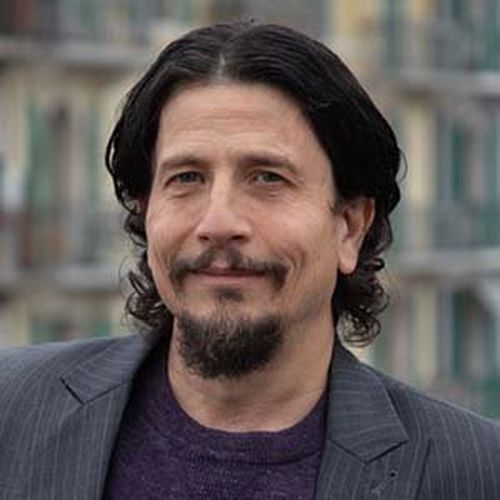
Médecins Sans Frontières

World Economic Forum
We often have an oversimplified view of the health and healthcare problems faced by migrants. It’s a good idea to take the time to listen to the migrants themselves to better understand their experience.
Migrants can play an active role in managing their health and take part in collective self-help activities. Translators, health mediators, participation in research on migrants, and the creation of peer support groups are just some of the ways in which they can get involved.
The aim of this session is to change our perspective on migrants. Listening and recognizing all the energy and resources that migrants can bring is a way to restore their dignity.

The Lancet Regional Health - Europe, Lancet

SOS Méditerranée

Refocusmedialabs

Artoluation

Femmes-Tische Swiss Red Cross supported

Femmes-Tische Swiss Red Cross supported

Agents de santé
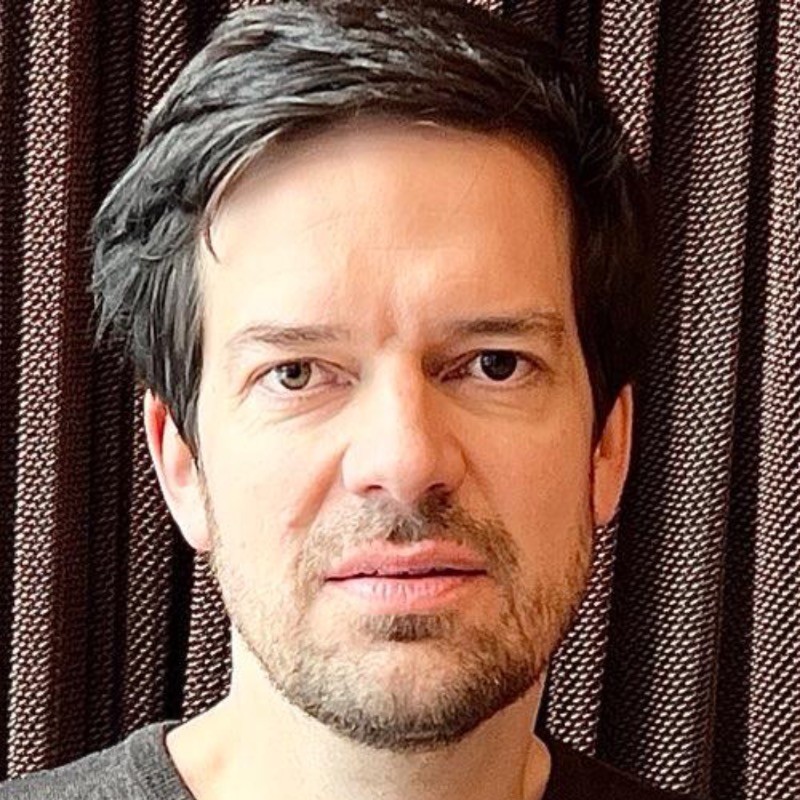
Prix Right Livelihood
Established in 2006 by the University Hospitals of Geneva (HUG) and the University of Geneva (UNIGE), the Geneva Health Forum (GHF) is a Swiss not-for-profit initiative that brings together a diverse range of stakeholders to discuss and address global health challenges.
The GHF plays a pivotal role in the global health landscape, as a neutral and inclusive platform, fostering dialogue and collaboration among key players in the field, including policymakers, representatives from academia, civil society, and the private sector.
Its core mission is to facilitate constructive dialogue among these global health actors, which, in turn, contributes to the improvement of health policies and access to care worldwide. The Geneva Health Forum proudly collaborates with some of the most prominent international organizations based in Geneva.